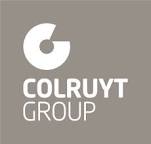Halle, Belgium, 2017-Jul-04 — /EPR Retail News/ — Colruyt Group has received its first complete report from the AB Register, the platform developed by non-profit association Belpork to set up a policy for more sustainable use of antibiotics in pig farming. The conclusions are most encouraging, both for data reporting and quantitative and qualitative analysis of…
